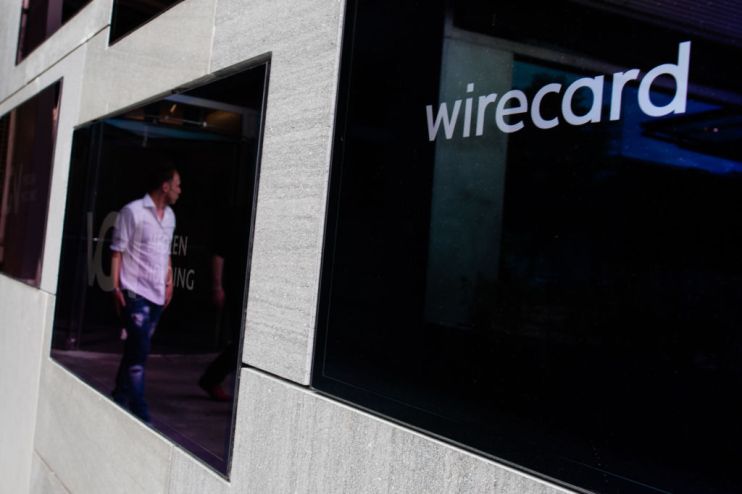Audit shows Wirecard’s core business ‘has been lossmaking for years’

Wirecard’s core business in Europe and America has reportedly been lossmaking for years, raising questions about the economic health of parts of the firm not directly affected by the accounting fraud.
The German firm filed for insolvency after an accounting scandal which saw €1.9bn missing from its balance sheet. Former chief executive Markus Braun was last week arrested on suspicion of fraud and market manipulation.
Wirecard has for years portrayed itself as a profitable business but the scandal has cast serious doubts over the health of the business.
A special audit conducted by KPMG and seen by the Financial Times shows its profits appear to have largely existed on paper. The figures show Wirecard’s operating performance of its core business, mainly payments processing in Europe and issuing credit cards in Europe and America – had become increasingly lossmaking in the past few years. This is despite it accounting for half of the firm’s reported revenue and almsot two-thirds of the transaction volume.
In 2018 the German payments firm produced €74m in operating losses, compared to the €3m a year earlier according to the Financial Times report. This staggering losses coincided with Wirecard’s stock market valuation topping €24bn.
German prosecutors raided Wirecard’s offices in Germany and two locations in Austria last week as part of the probe into the firm.
However the German regulator, BaFin, is coming under increased scrutiny for its role in the scandal, particularly its decision to impose a two-month ban on short-selling Wirecard stock.
Over the weekend German finance minister Olaf Scholz said he planned to give the German regulator more power in the wake of the Wirecard accounting scandal.
Before the Open: Get the jump on the markets with our early morning newsletter